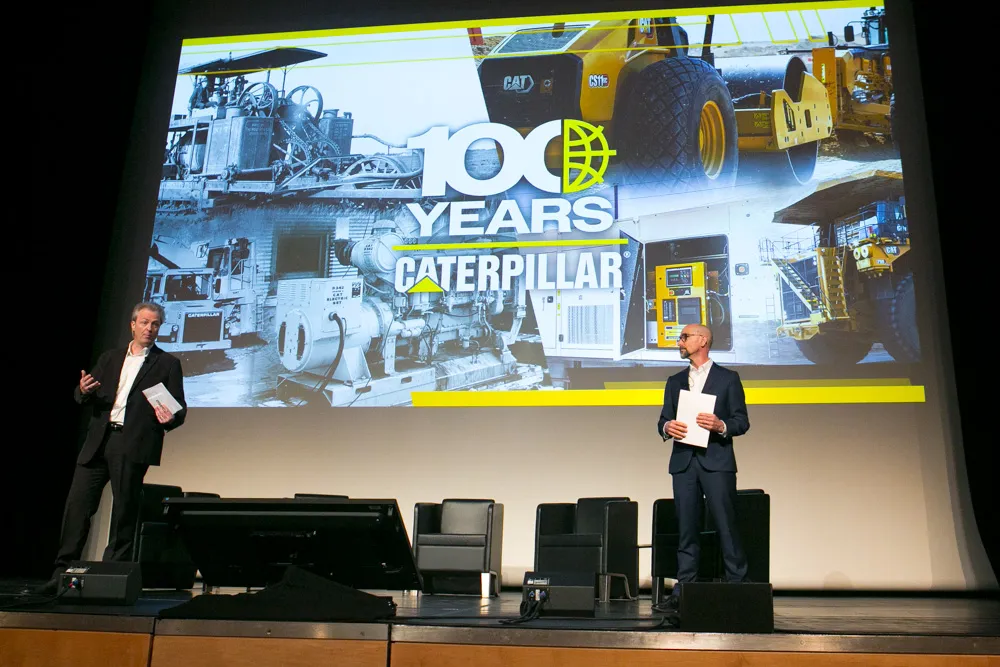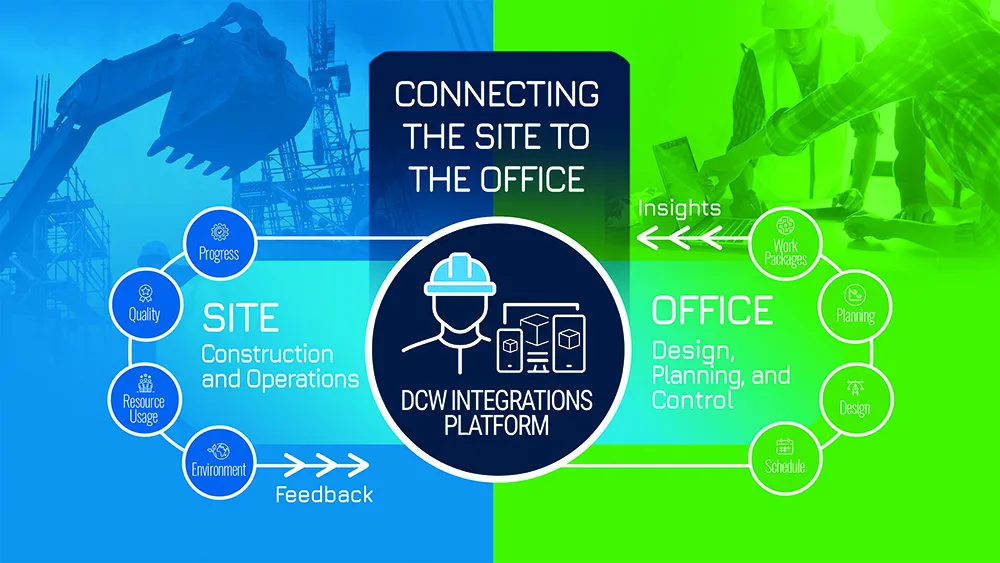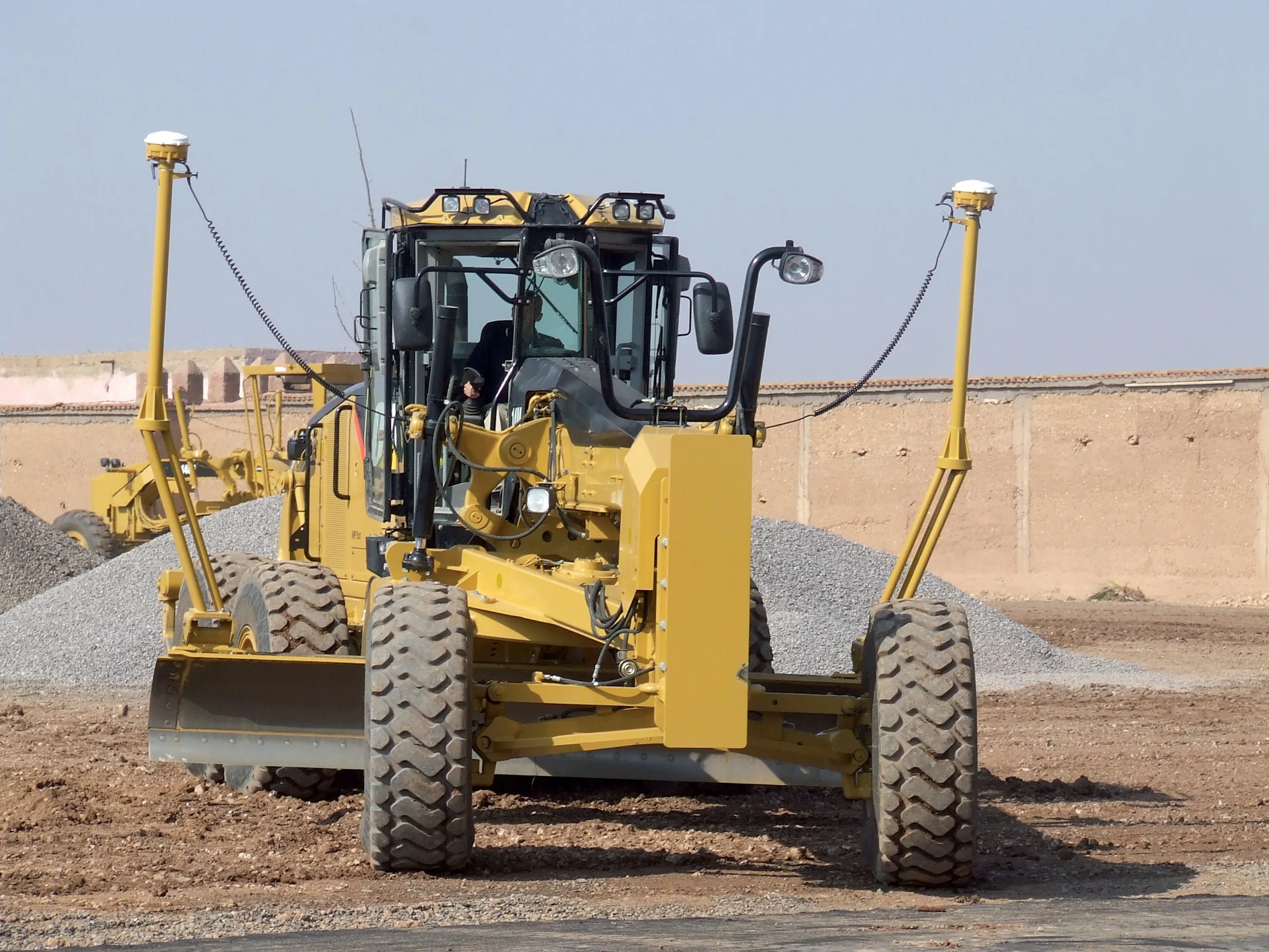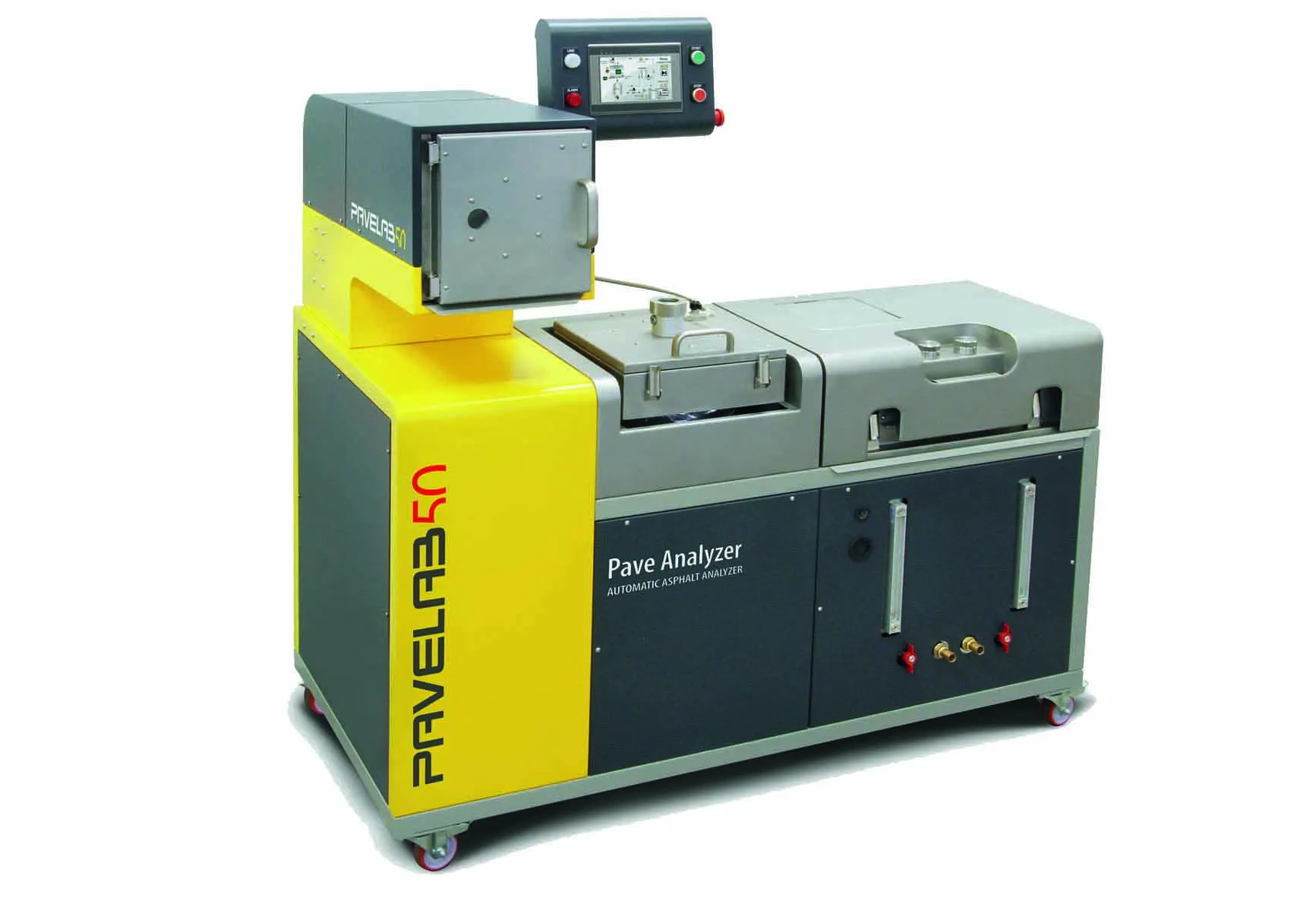
The four key concerns of our customers are: “Safety, optimising processes, labour shortages, and productivity, “ says Caterpillar.
According to the company’s senior VP Herwig Peschl, Cat is integrating a range of products, technologies, and services to address these concerns.
The construction and mining giant says that it wants to help its customers get the most out of their fleets and products.
Group president Tony Fassino said the most-impactful technologies will focus on integrating safety tools across the whole jobsite … from the machine operator on site, all the way back into the operations team in the office.
“Probably the most simple example of that is seatbelts,” says Fassino. “Unfortunately, there is a very long history of incidents in the industry from operators not having their seatbelts on.
“If we can integrate (this problem) into the system, (it will allow) operations managers to see how many times operators don’t have their seatbelts on, to see who keeps forgetting to put their seatbelt on, and (to find out) why do they do that.”
Fassino wants to get to a position in which managers can assess: “What the pattern has been over the last week, how many incidents have we had in the last month, and how can we ensure everybody has their seatbelts on.”
Louis-Florent Sion, VP procurement & supply chain Europe at lime and mineral solutions producer Lhoist, said that cost and safety were the company’s two biggest challenges with its heavy mobile equipment.
“I hope technology will make cost optimisation easier for each individual quarry manager to get the best out of their machines.”








